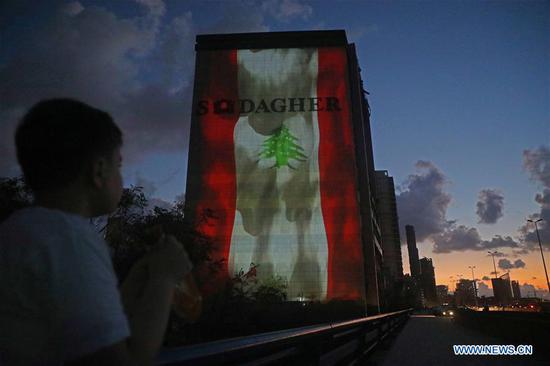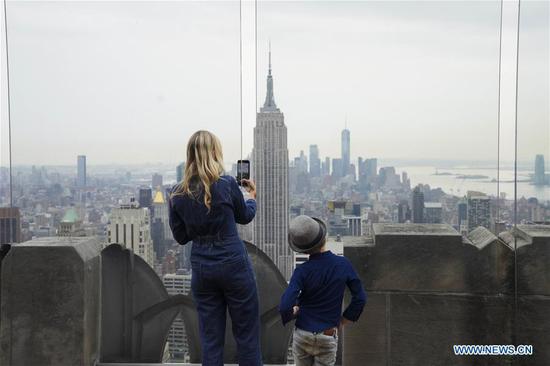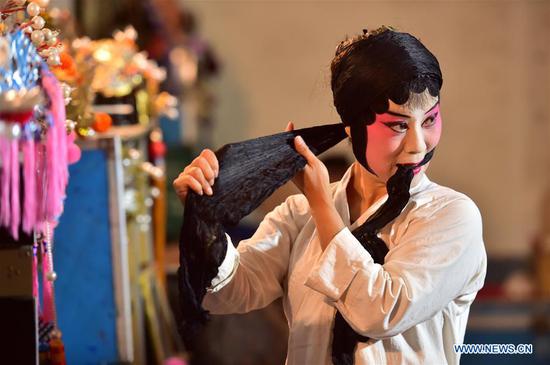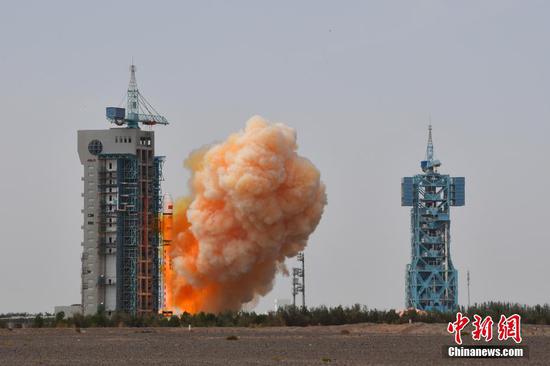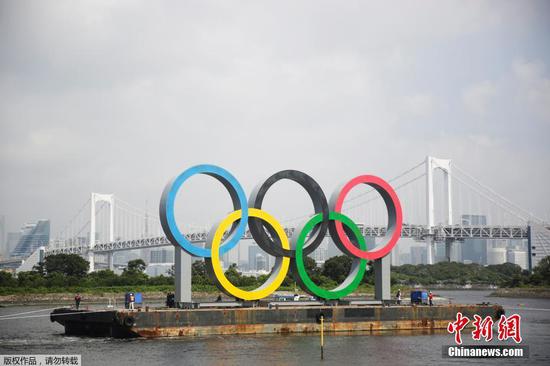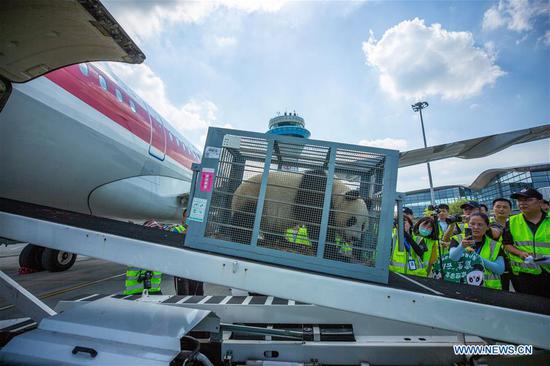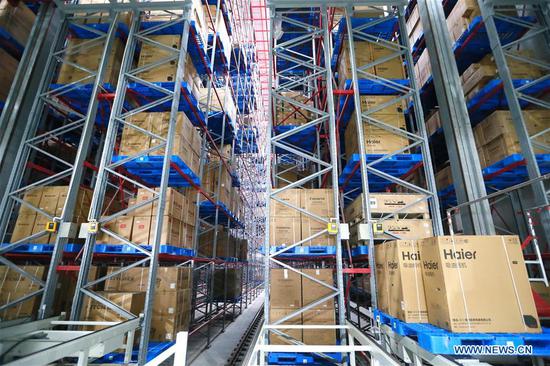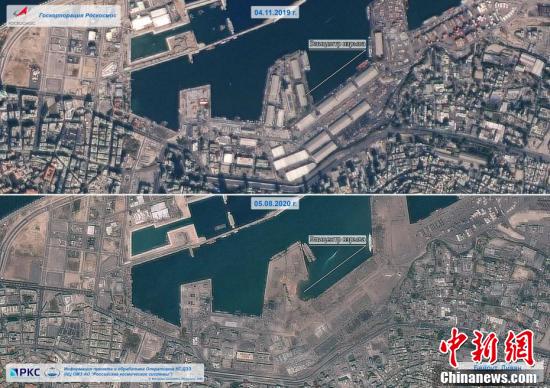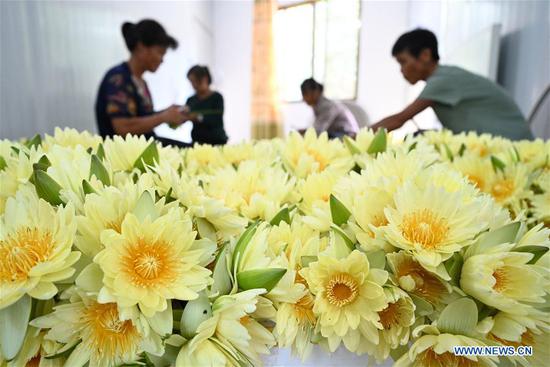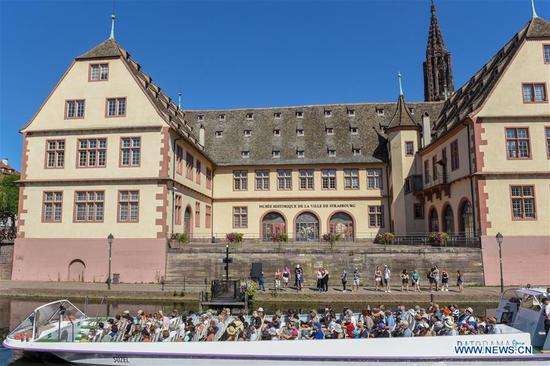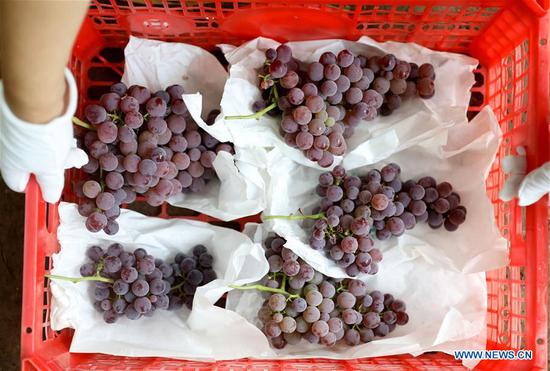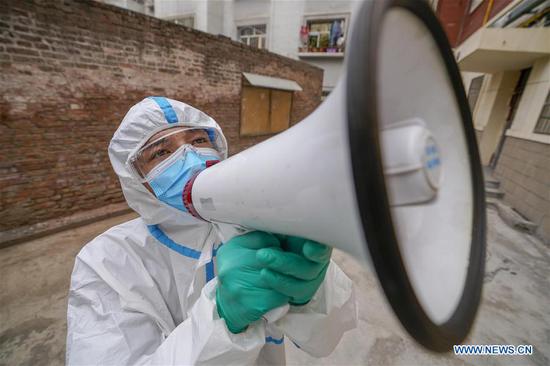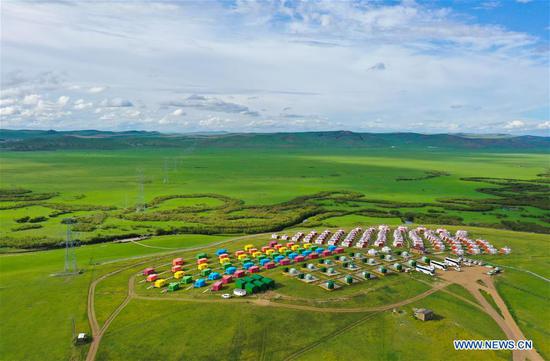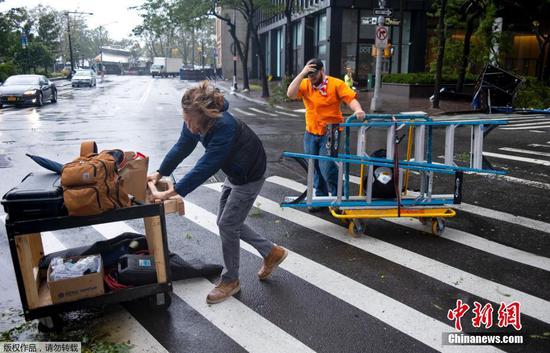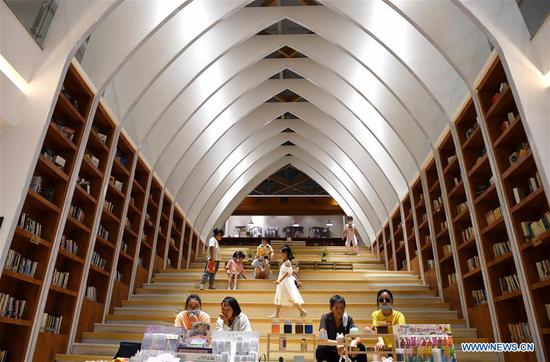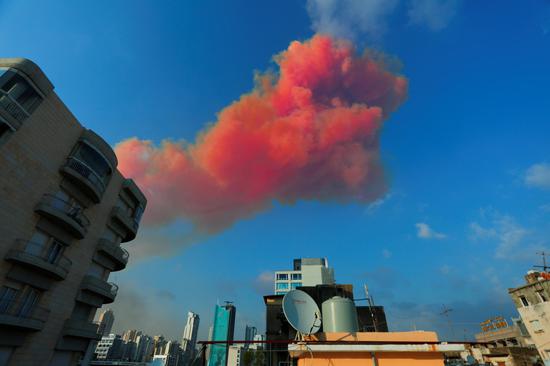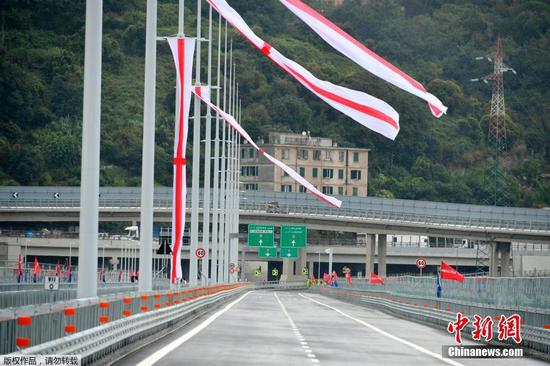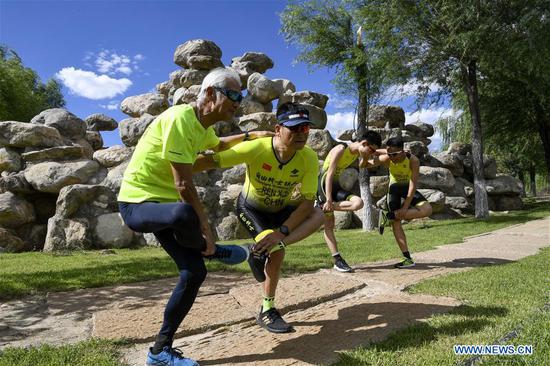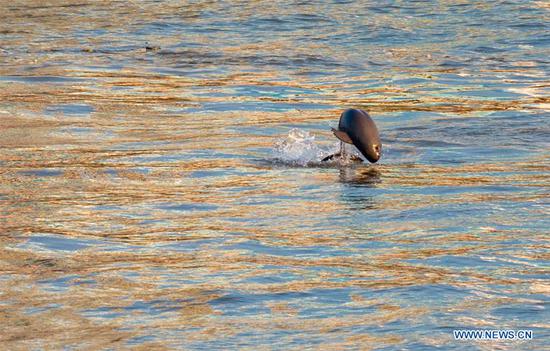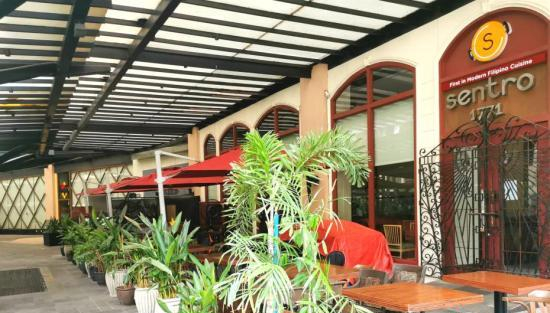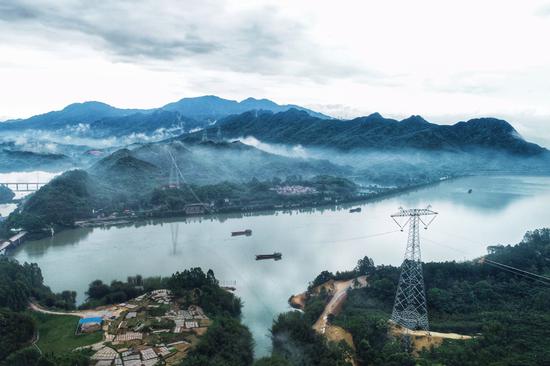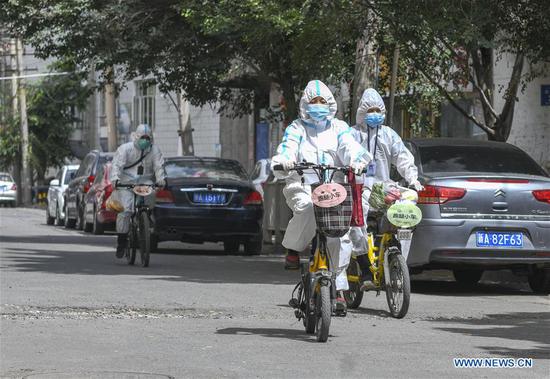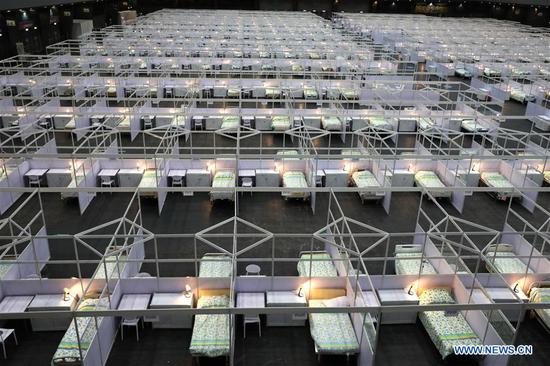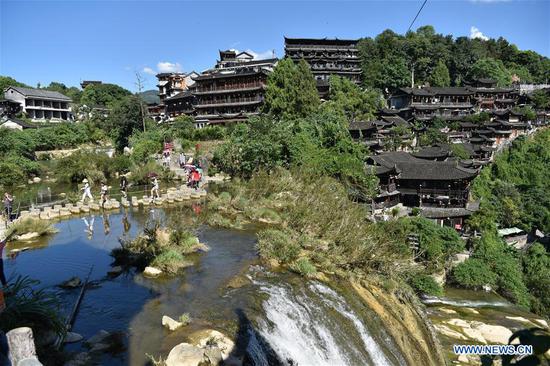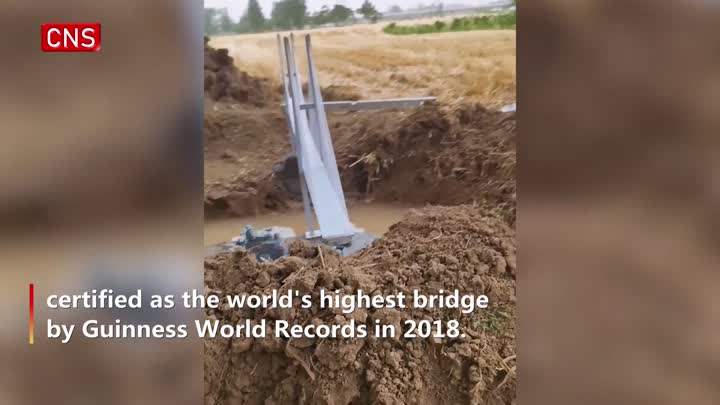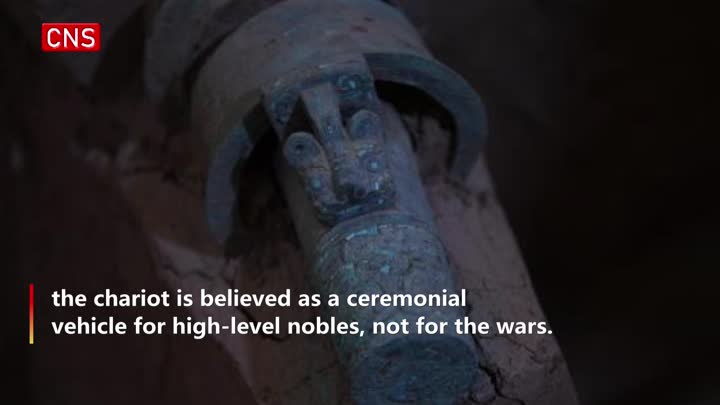Lebanon's Prime Minister Hassan Diab has said the only solution to save the country is to hold early elections, a measure he said would be in a draft bill.
His remarks in a televised address on Saturday came as public fury over last week's huge explosion in Beirut took a new turn as protesters stormed government institutions and clashed for hours with security forces, who responded with heavy volleys of tear gas and rubber bullets.
One police officer was killed and dozens of people hurt in the confrontations, which played out in streets that were wrecked in Tuesday's blast at the port that devastated much of the city and killed nearly 160 people. Dozens were still missing and nearly 6,000 people injured.
The disaster has taken popular anger to a new level in a country already reeling from an economic and financial crisis and near bankruptcy.
Activists who called for the protest set up symbolic nooses at Martyrs' Square in the capital to hang politicians whose corruption and negligence they blame for the explosion.
"Resignation or hang," read a banner held by protesters, who also planned to hold a symbolic funeral for the dead. Some nooses were also set up along bridges outside the port.
Dozens of protesters stormed the buildings of government ministries and the headquarters of the banking association.
Earlier on Saturday the protesters entered the empty buildings of the foreign ministry, declaring it a headquarters of their movement. Others then fanned out to enter the economy and energy ministries, some walking away with documents claiming they will reveal the extent of corruption that permeates the government. Some also entered the environment ministry.
Emergency aid
The violence unfolded on the eve of an international conference co-hosted by France's President Emmanuel Macron and the United Nations Secretary-General Antonio Guterres aimed at bringing donors together to supply emergency aid and equipment to the Lebanese people.
A UN official warned on Saturday that the aftermath of the explosions at the Port of Beirut will sink vulnerable communities, especially Palestinian refugees, further into despair.
"The entire country is shaken by the scale of the damage, and something that we fear will impose further hardship on the already vulnerable communities," said Claudio Cordone, director of affairs in Lebanon of the UN Relief and Works Agency for Palestine Refugees in the Near East.
Palestinian refugees are already among the most vulnerable in Lebanon, many of whom are largely depending on emergency cash aid from the agency to feed their families, Cordone said.
The huge financial and economic challenges that have engulfed the country have put a large proportion of the population under the poverty line, the agency said.
"While the harbor explosion did not have a major physical impact on Palestine refugee camps and (agency) installations, the overall effect on the country will most likely affect the vulnerable communities most."
Cordone called on the international aid community to include Palestinian refugees in its emergency response in order to meet their need to buy food and stay safe.
Xinhua









